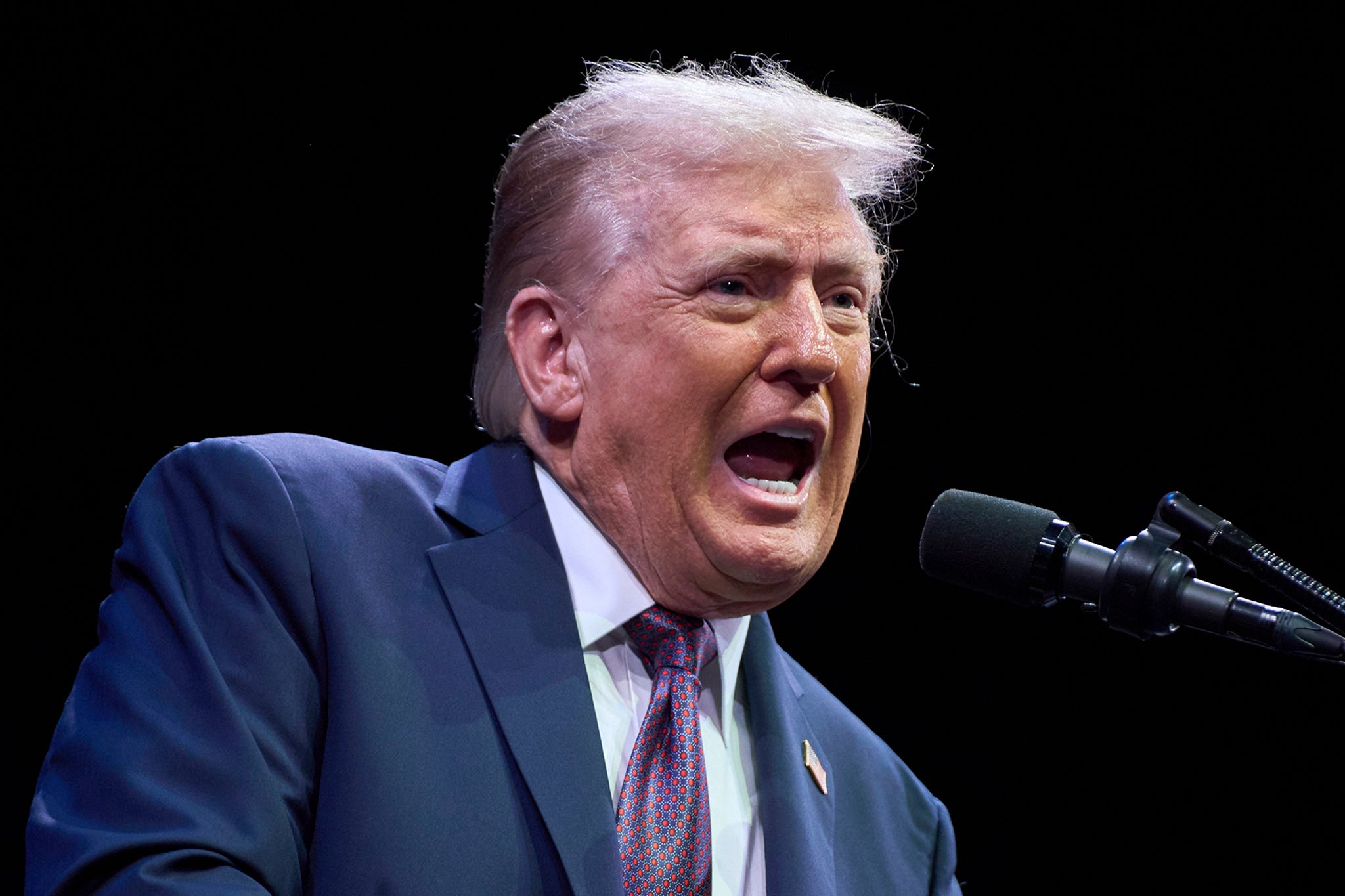
The US is set to step back from joint efforts to combat disinformation from countries including Russia, China, and Iran, according to European officials.
European countries received a notice from the State Department last week about the move, explaining that the US is terminating a memorandum of understanding which was signed in 2024 under President Joe Biden, the officials told The Financial Times.
The agreements had been created to form a unified approach to identifying and exposing harmful information from Russia, China and Iran, designed to sow chaos.
The initiative was run by the Global Engagement Centre (GEC), the State Department agency that tackled disinformation spread overseas by US adversaries and terror groups.
James Rubin, who led the GEC until December, described the move as a "unilateral act of disarmament" in the information war against Russia and China.
“Information warfare is a reality of our time and artificial intelligence is only going to multiply the risks from that,” he said.
The Trump administration has dismantled a number of agencies in government which had sought to protect the integrity of US elections and to combat foreign malign influence.

After it was established in 2011 to counter violent extremism and terrorist propaganda online, the centre’s mission was expanded to include tracking and exposing disinformation campaigns.
But Republicans in Congress blocked efforts to extend the agency’s mandate, leading to its closure by the Trump administration in April.
Terminating the memoranda of understanding with European countries is the final step to closing the programme.
Darren Beattie, acting under-secretary for public diplomacy at the State Department, said: “Far from spiking a single plan, we were proud to spike the entire GEC. Not only was GEC’s infamous censorship activity profoundly misaligned with this administration’s pro-free speech position, it was woefully and embarrassingly ineffective on its own terms.”
Russia has been accused of malicious involvement in a series of elections both inside and outside Europe, most famously in the 2016 US election which saw Donald Trump elected for his first term.
According to the US Intelligence Community, Russia launched a “hacking and disinformation campaign” at the direct orders of president Vladimir Putin, in order to damage Democrat candidate Hillary Clinton’s chances of becoming president and help Trump take office in the White House.
Both Vladimir Putin and Donald Trump denied that Russia had meddled in the 2016 election.
Since 2016, Moscow has appeared to make efforts to meddle in a series of elections across Europe, boosting the chances of parties and figures who are deemed pro-Russia, or at least take a far softer stance on Russia.
Qatar explosion latest: Israel carries out airstrike on Hamas leadership in Doha
Starmer now one of the West’s most unpopular leaders – even ranking lower than Trump
Cabinet minister Phillipson one of six contenders for Labour deputy leadership
Minister cannot say if cyber attack on Jaguar Land Rover was state-sponsored
Riders evacuated from theme park’s roller coaster days after boy scales monorail
US added 900k fewer jobs in year to March, revised figures show







